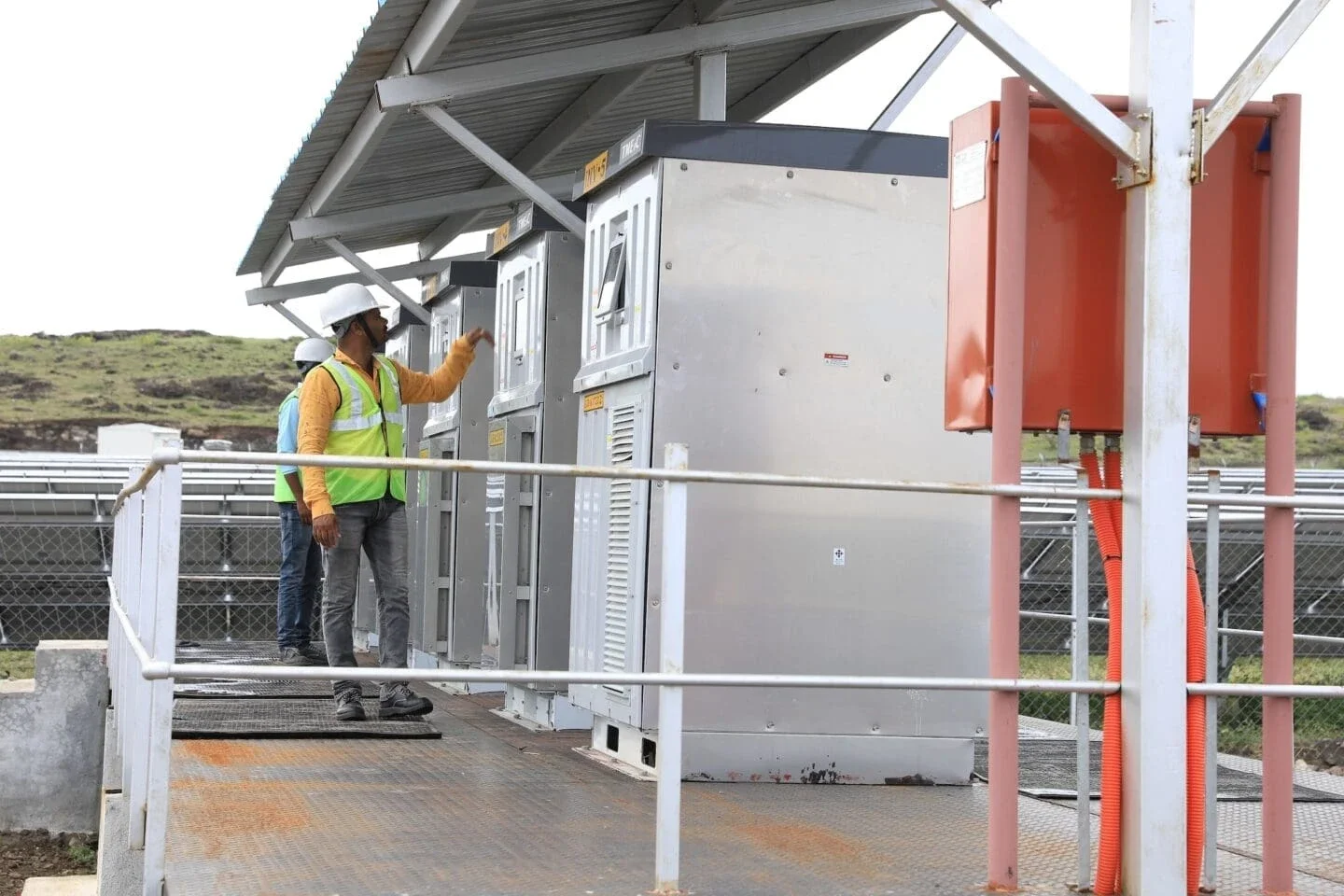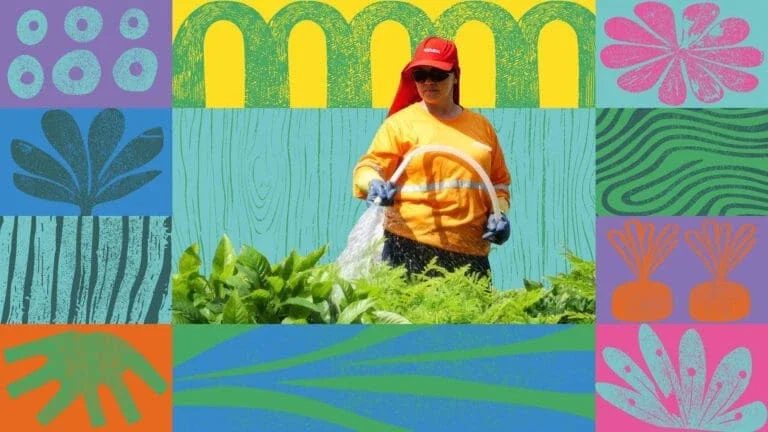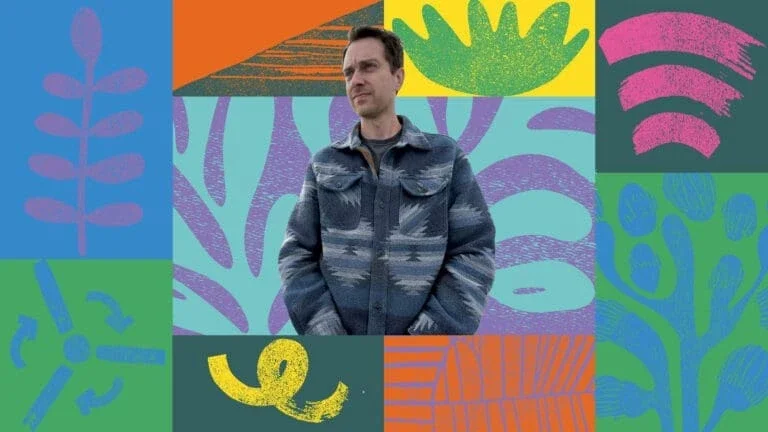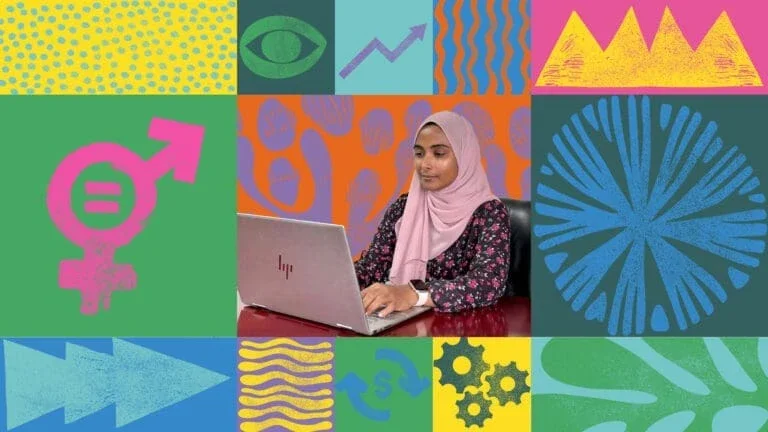Here’s why Mission 300 is different:
- It’s essential for the future of Africa. Africa is the fastest growing continent, but 600 million people still have no access electricity, without which economic growth will be throttled, and poverty will persist.
- It’s Africa-led. In January 2025, African leaders will gather in Tanzania for a summit where they will commit to a concrete plan, with specific reforms that will drive public and private energy access investments in their countries.
- It’s already happening. The World Bank and AfDB have an extensive pipeline of electrification projects that provide a pathway to the goal. In its first year, Mission 300 already has helped 12 million Africans get access to electricity.
- It’s about urgency and results. Mission 300 projects will be accelerated so that they can count “lights on” by the end of 2030. This isn’t business as usual; it’s the World Bank and AfDB massively scaling up — working at more than twice the pace they have in the past.
- It’s underpinned by affordable financing. The World Bank will rely in part on up to $20 billion of International Development Association (IDA) funding, which provides low-cost loans and grants to the world’s poorest countries. There is no better use of financial support from wealthy countries to address the one sustainable development goal — electricity access — that unlocks so many others.
- And it’s inspiring new collaborations. The World Bank and AfDB are working with The Rockefeller Foundation, the Global Energy Alliance for People & Planet (GEAPP), Sustainable Energy for All (SEforALL), and others to catalyze projects and investment that can help the development banks move more quickly, and at a greater scale. For example, to kick off UNGA this year, GEAPP dedicated its annual Leadership Council (GLC) meeting to Mission 300. Both President Banga and President Adesina briefed over 20 Principals on their vision, stressing the importance of working together, with Mission 300 offering a new approach to financing and partnership. Dozens of partners, including Germany’s aid agency GIZ, UK’s development finance agency British International Investment, France’s development agency AFD, and the U.S. Government’s Power Africa, all showed their eagerness to support Mission 300 in tangible ways.
Mission 300 is off to a great start. We need to keep up the momentum and bring in many new partners to realize the ambition laid out by the World Bank and AfDB. Stay tuned for more on how everyone can get on board.




